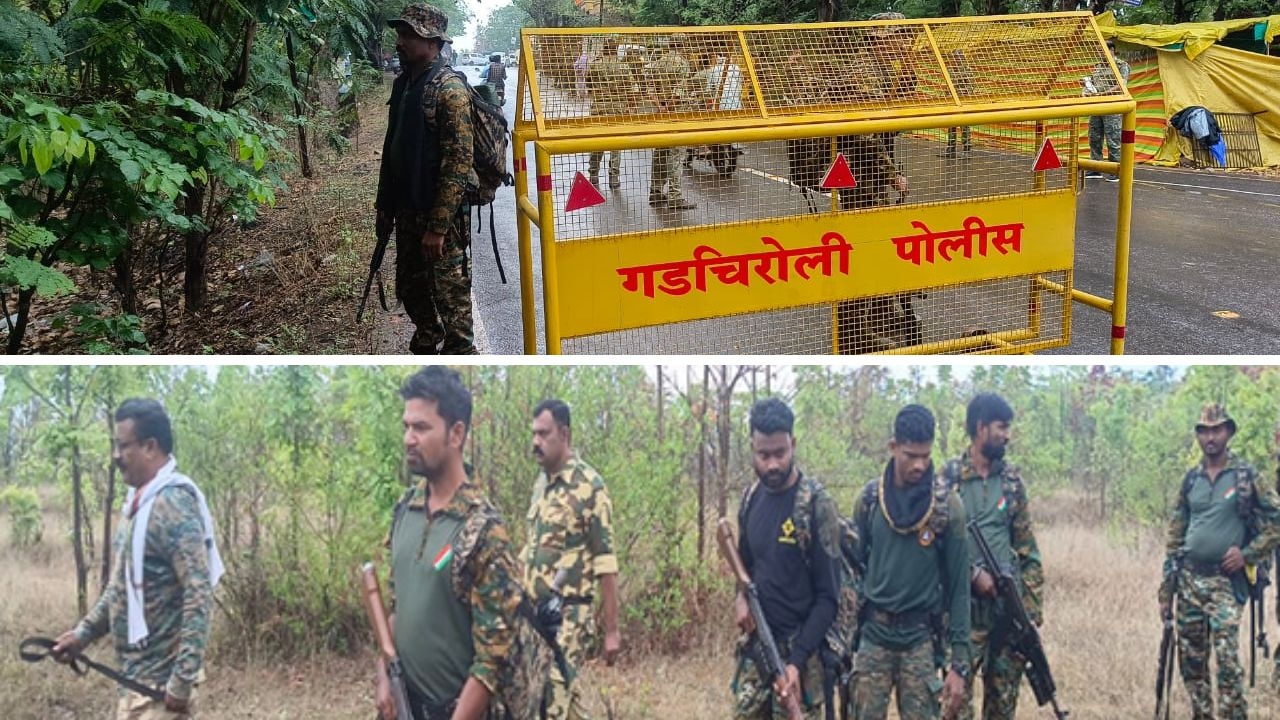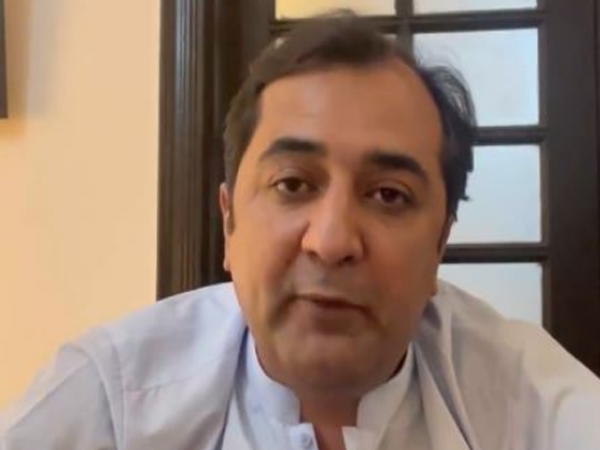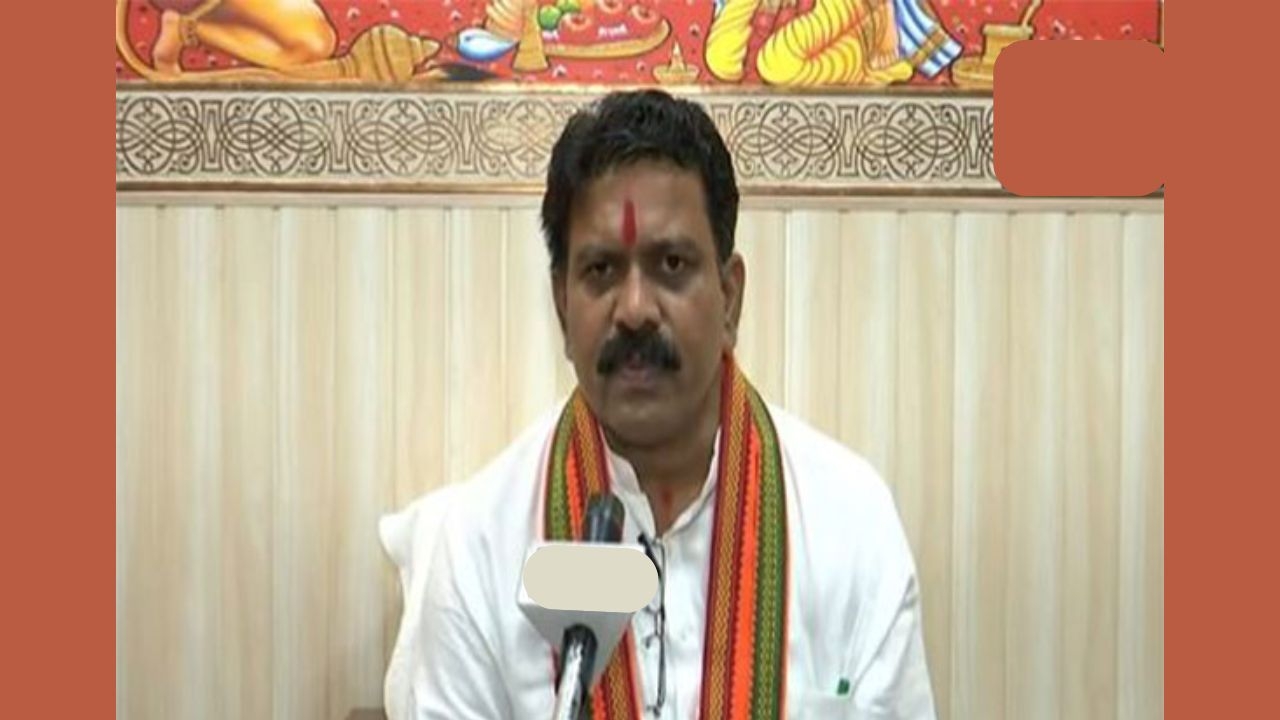Data crunch: Centre pushing oil companies to generate data to substantiate success claims on cashless economy
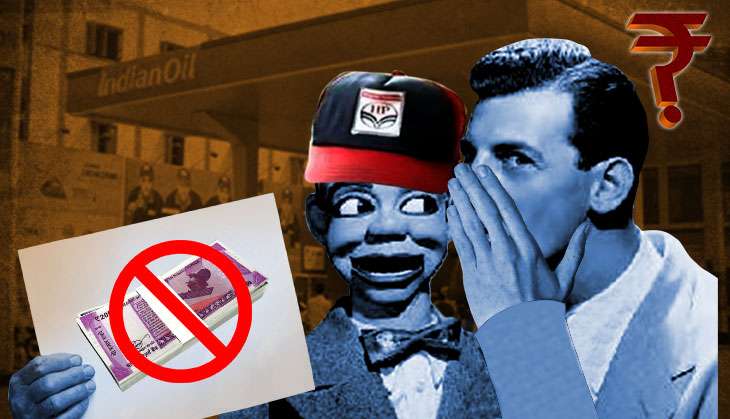
Having changed its narrative on demonetisation from tackling the menace of black money to ushering in an era of cashless economy, the Narendra Modi-led BJP government is facing an uphill task to prove that its move was a success.
Rattled by the growing instances of violence in ATM queues and the fear of the masses losing their patience, the Centre is resorting to desperate measures to save face.
As a part of its moves to prove Modi's narrative a success, the government is looking for ways and means to generate statistics to support its claims.
One of the sectors that they are relying heavily on for producing data to support the line is that of the retail section of public sector oil companies in the country.
The onus of taking forward Modi's claims on demonetisation seems to have fallen on the employees of these companies who are overworked and are racing against deadlines these days.
Data crunch
Given the fact that these companies have access to data regarding sales of petrol, diesel and LPG connections etc., the government has been pushing them to generate data at a fast pace.
The employees of the retail divisions of these companies are over worked to the extent that they have not taken any off since demonetisation was announced on 8 November.
The regular emails from the petroleum ministry have become something which the employees fear since the deadlines given to them are simply impossible to meet. Some of these emails to which Catch has access to, show how the employees are being asked to provide data at an outlandish speed.
"There is simply no planning. What is going on is knee jerk reactions to the misery that the people have been facing and the growing unrest. For example, the cashback scheme on the purchase of petrol through e-wallets or cards was initially proposed to be introduced from 1 January. But on 13 December the government went ahead and announced it and then asked us to do the required exercise," sources said.
"It is simply impossible to meet the deadlines and what we are being compelled to feed the ministry are nothing but estimated figures and not the actuals which cannot be generated in the given time frame," they added.
Too many cooks
It is being pointed that the petrol or diesel dealers in the hinterland are not that tech savvy and getting them to adopt swipe machines or e-wallets is a very tedious task in the face of the government pressure to declare one district after the other as cashless.
"We have been doing the jobs of bankers as well over the last one month rendering Know Your Customer (KYC) details to e-wallet companies for our distributors. The problem again is of multiple e-wallets that have sprung up in the market. Though their functioning remains the same, the declaration forms differ and this becomes a very time consuming exercise," said an employee of one of the oil companies.
He further disclosed that the e-wallet companies, like the banks, too are over worked and are unable to provide the required codes for the dealers despite the KYC details being furnished to them. The same is the case with the swipe machines whose availability has dried up.
"What is the point of us furnishing KYC details to the e-wallet companies or the other details to the ministry filling excel sheets round the clock when the situation on the ground is quite different to what is being perceived by the government," sources said.
Too busy... far too busy
The oil company employees further related that due to the exercise to take forward the government narrative, their routine functioning has taken a back seat and even regular audits, that are sacrosanct, are getting delayed.
They pointed out that the situation in the approximately 45,000 petrol pumps across the country remains the same.
"There are daily exchanges of hot words with people turning up with a Rs 2000 note and demanding the change after getting their vehicles filled with petrol or diesel worth Rs 100 or Rs 200. The overworked petrol pump employees also tend to lose their cool at times and the senior staff have to intervene," sources said.
They underlined that the time taken for filling petrol at the pumps and receiving the payment from the customers has gone up from a few seconds to a few minutes given the fact that many petrol pumps have single swipe machines that rotates between many filling stations and the e-wallet users or petrol station employees not being very comfortable with the usage.
It is being pointed that the average number of workers at the petrol stations across the country are five, though they vary from two to 40 at individual stations. They say that these employees are being forced to face hardships just to save the face of the government which went ahead with demonetisation without adequate preparation.
There are daily instructions from the petroleum ministry regarding the installation of standees, banners etc. at retail outlets. The employees of the companies are being made targets for running customer awareness programmes on cashless economy and the top shots of the ministry are having frequent video conferences with the oil company executives giving instructions on how to generate more and more data that can help the government substantiate its narrative.
Edited by Jhinuk Sen
First published: 20 December 2016, 5:32 IST


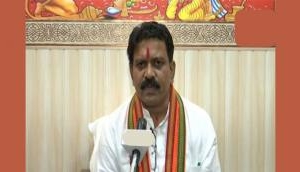


![BJP's Kapil Mishra recreates Shankar Mahadevan’s ‘Breathless’ song to highlight Delhi pollution [WATCH] BJP's Kapil Mishra recreates Shankar Mahadevan’s ‘Breathless’ song to highlight Delhi pollution [WATCH]](http://images.catchnews.com/upload/2022/11/03/kapil-mishra_240884_300x172.png)

![Anupam Kher shares pictures of his toned body on 67th birthday [MUST SEE] Anupam Kher shares pictures of his toned body on 67th birthday [MUST SEE]](http://images.catchnews.com/upload/2022/03/07/Anupam_kher_231145_300x172.jpg)


